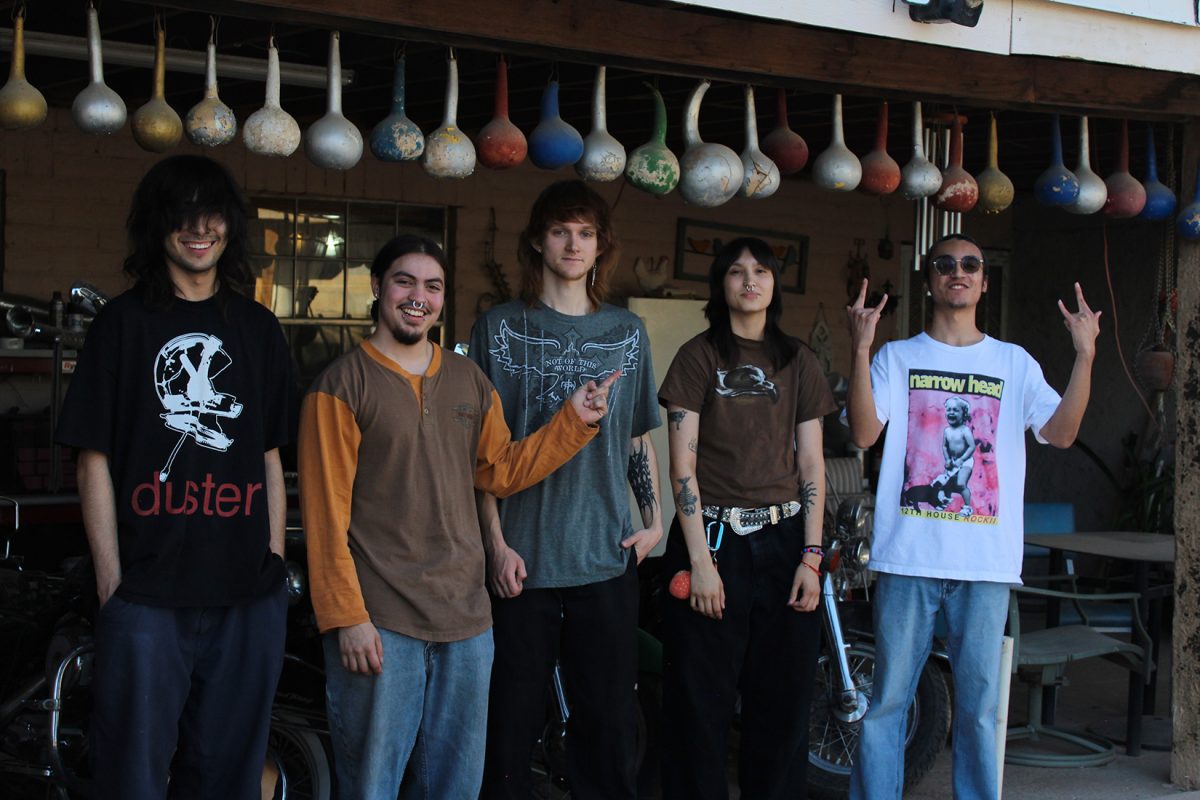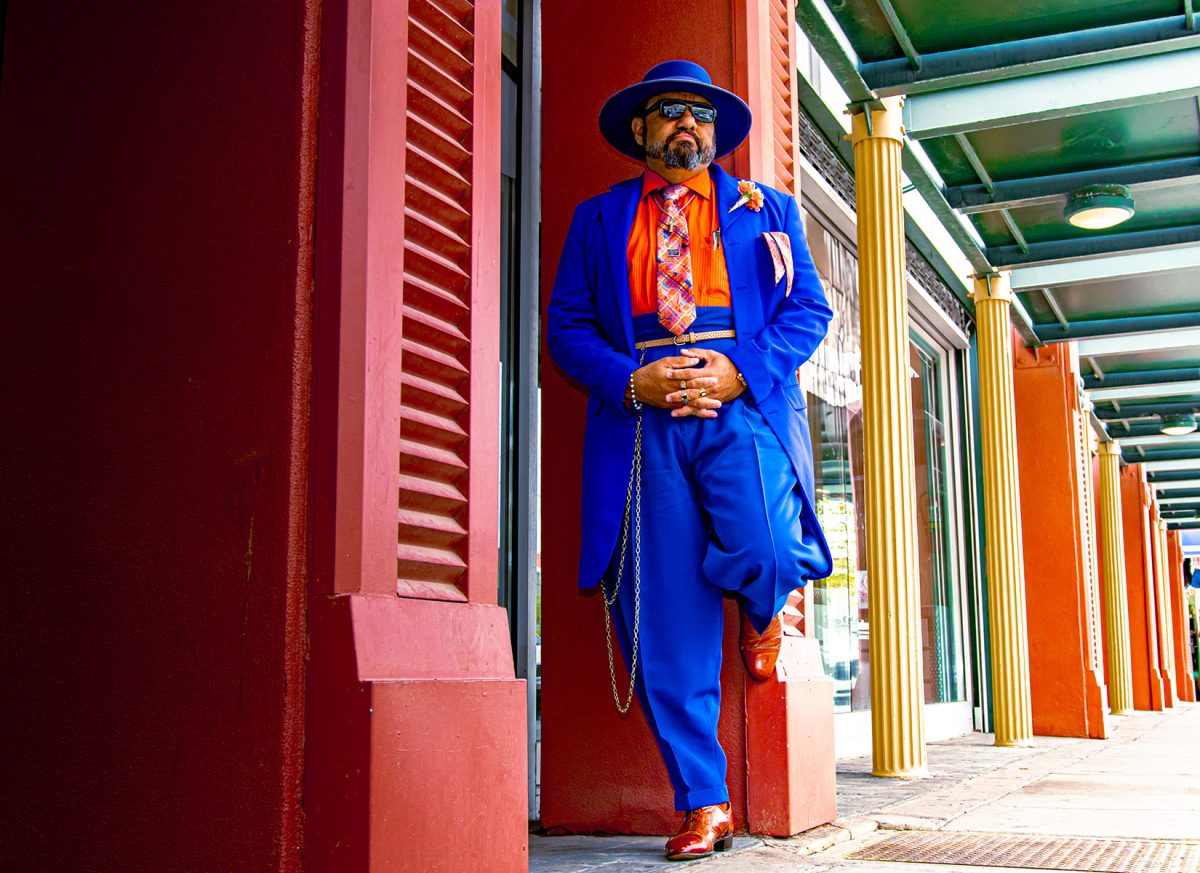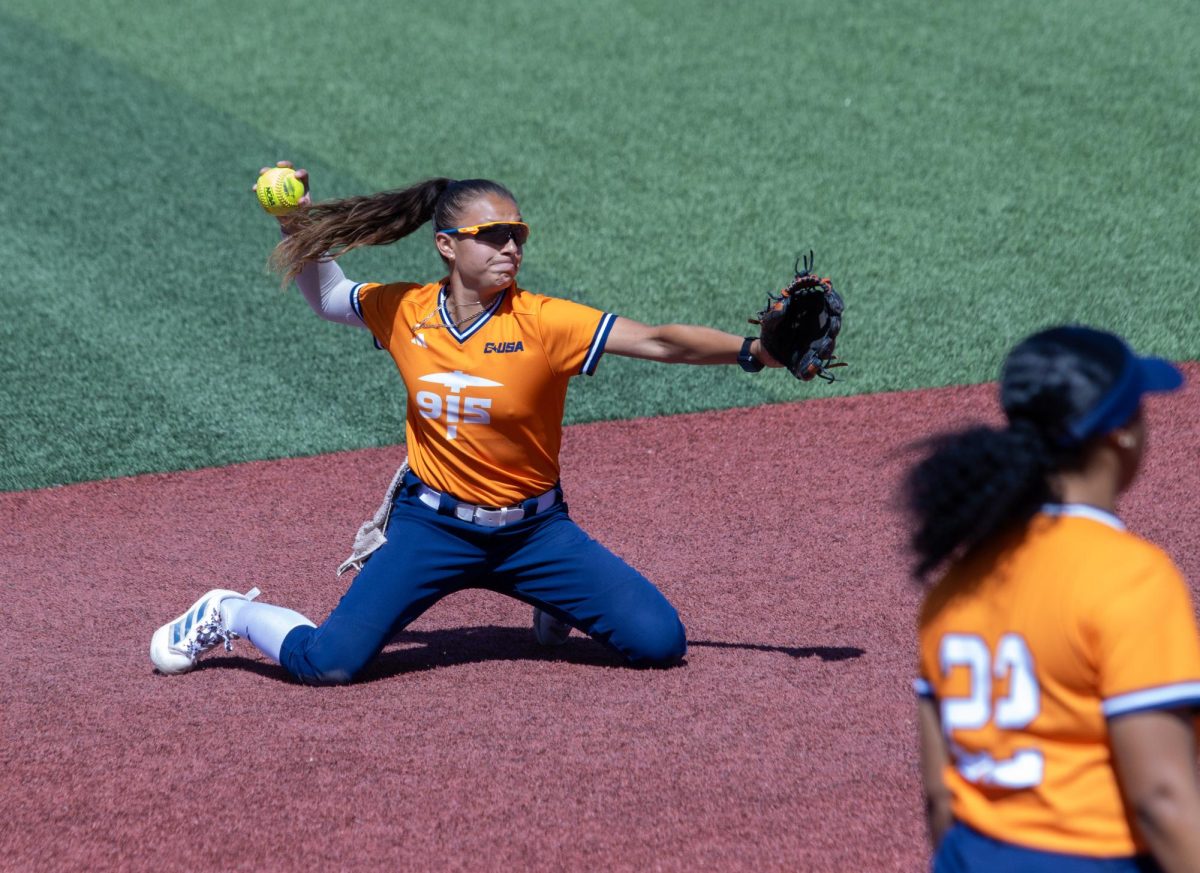One of the things I remember most vividly after coming out was being asked by my father if I wanted to be a woman. He hardly gave me time to answer. He simply followed it with a more assertive question: “You aren’t dressing up as a girl, right?”
That was what he wanted to talk about. Not relationships, not safe sex. He was worried about me going full woman.
His worry wasn’t unfounded. Growing up, I wasn’t into sports. I liked to draw, dance, listen to music and act out scenes from movies. That immediately classified me as feminine. My soft features as a boy never helped either.
My masculinity was prized in my father’s eyes. He could overlook the fact that I couldn’t kick a ball to save my life, or the fact that I had just come out as gay, but he couldn’t have me going around dressed like a girl.
I was being told that masculinity was a gift from above. It was this very precious thing that afforded you not only better opportunities in life, but also your father’s respect. All I could think of though was, “What’s wrong with being a woman?”
A man who possesses feminine characteristics is immediately labeled as weak. A woman who possesses male characteristics is immediately labeled as strong. Of course, it’s a little more complex than that, but that is what we’re told.
I felt like I could relate to women in that sense. I lived under the assumption that because I was gay, watched so much “30 Rock” and listened to so much Beyoncé, I was a feminist.
I followed Liz Lemon’s life advice to the tee, sought solace in “Girls” and adored the feminist bookstore skits in “Portlandia.” I thought, as a gay minority I can relate to this; I can relate to the struggle.
It takes more than that, I came to realize.
Feminism is a complicated movement. It’s a complicated state of being, of action and of reaction. I’ve realized I can’t fully grasp the breath of feminism without letting go of some of the old machismo I inherited and by acknowledging that being a man affords me certain privileges.
I like to think of myself as a feminist, because I appreciate women and look that they are treated with equality and respect. But I’ve been met with bumps along the way. My upbringing taught me to be protective of women, but also to be wary of them, and the more I enter into the gay scene, the more I see femininity rejected.
I have come across terms like “straight-acting” and “no fems” very often among gay men. I’m baffled by not only how homophobic these comments can be, but by how misogynistic and insulting they are. This is machismo at its most relentless and, although I understand these are personal preferences, they are also oppressing.
Yes, gay men and women are fighting a different fight, but I think there’s beauty in the overlaps. Feminism doesn’t exist by itself in the halls of the women’s studies departments and the voices of the radical and outspoken. It’s in the actions of those who listen and attempt to understand and who fight against sexism and for equality.
Andrés Rodríguez may be reached at [email protected].










